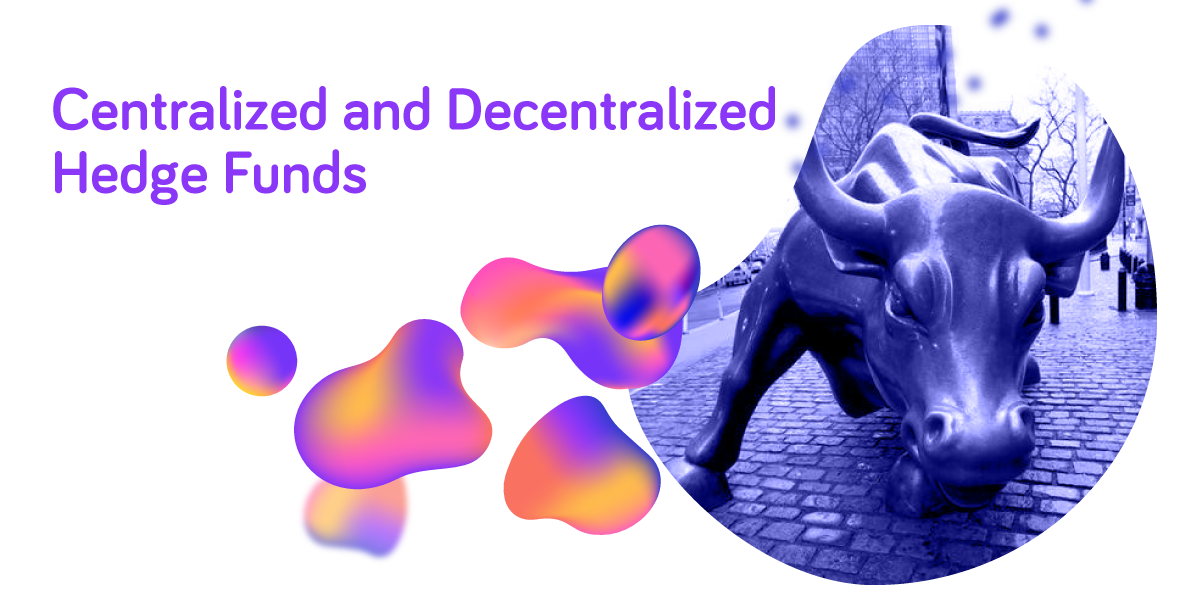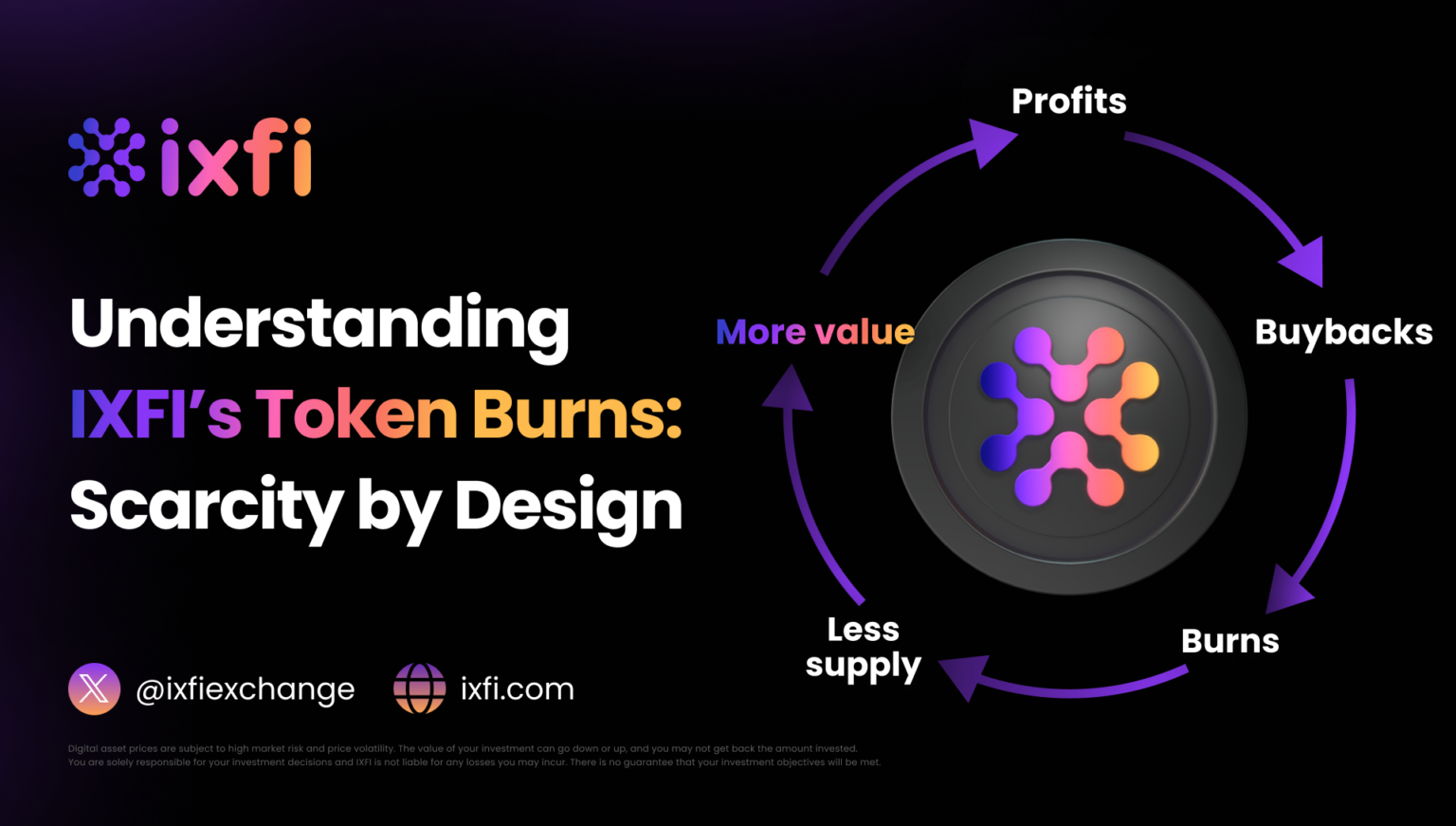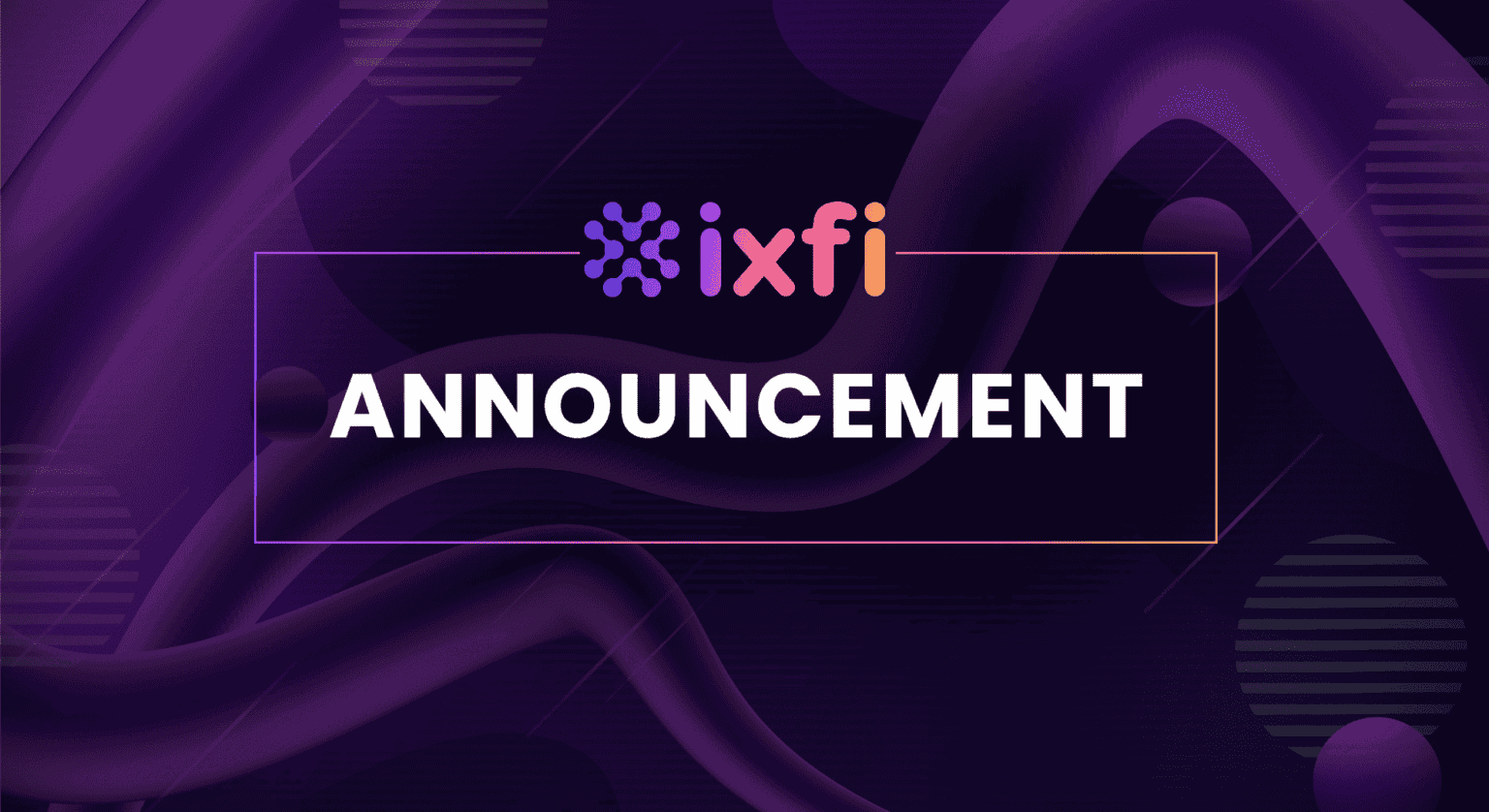What exactly are Hedge Funds?
A Hedge Fund is an investment vehicle that addresses high net worth individuals, institutional investors, and other accredited investors that can form a collaboration.
Historically, these companies have focused on reducing investment risk and bringing a return as stable as possible. Unfortunately, if this structure and objectives sound familiar with Mutual Funds, this is where similarities come to an end.
Generally, Hedge Funds are considered more aggressive, riskier, and exclusive than Mutual Funds. In a Hedge Fund, associates and partners contribute to financing the assets, while the manager handles the fund according to his strategy.
How do Hedge Funds make money?
As the name suggests, they hedge their assets to profit from every move, and often these funds rely on conjunctures rather than information. That’s one of their main strategies.
The Long/Short strategy: When we realize a technical analysis followed by fundamental analysis and calculate that one company’s asset (or cryptocurrency) is undervalued, we bet that its price will rise — thus taking a long position. When shorting, it’s precisely the opposite: we see that an asset is overvalued and its price is going down because of the market volatility — so we bet on a short position. Shorting was the strategy that led to the economic war between Hedge Funds and retail investors when White Square shorted GameStop and AMC.
Equity Market neutrality: A portfolio is neutral if it entirely avoids any possible risk. This is an ideal case, and it’s too utopian for market volatility, so the Hedge Fund manager tries to exploit the difference between equity prices, these being overvalued or undervalued — and as a result, the sum should be equal. This strategy is applied to correlated assets, like stock shares from the same market sector or similar equities that can be historically connected.
Merger arbitrage: The merger arbitration of risk implies the simultaneous buying and selling of assets from two companies that merge to obtain profit without the risk. An arbitrage manager analyses the probability of a fusion not closing in time or not closing at all.
Volatility arbitrage: This strategy tries to profit from the difference between future volatility estimated on an asset’s price and derivative contracts’ implied volatility based on that asset. Also, the manager can watch volatility spreads to speculate on its extension or narrowing. This strategy mainly uses spot, options, futures, and other derivative contracts.
Among notable used strategies is addressing other Hedge Funds and combining their assets. This combination of strategy and asset classes offers a more stable yield over the long term than any Hedge Fund that operates alone. In addition, these applied strategies can control the return, risk, and volatility.
What about Decentralized Hedge Funds?
The decentralized financial market offers new opportunities that were impossible until now, and its infrastructure is the basis for this. For example, there are staking, yield farming (or liquidity mining), standard and automated loans. In addition, decentralized financial systems offer protocols for exposure to securities, stock market shares and allow tranche distribution of debt. At the core of every new strategy that Hedge Funds can use are Smart Contracts that reduce the number of parties involved in the transaction, thus making them cheaper.
Decentralized Hedge Funds work on platforms based on crypto ecosystems. Let’s take Polkadot, for example, and its dFund. The dFund Network comprises different autonomous decentralized organizations (DAOs) that work as decentralized speculative funds. Investors can add their money to these funds, which, as the traditional ones, are administrated by a manager, and they’re using the money to generate profit. Moreover, the numbers are easily audited and verified because every transaction is made using the Smart Contracts mentioned above. As a result, all trades are 100% transparent and visible on the public register.
This new wave of financial innovation that’s possible due to Blockchain Technology will become a global financial system in the end. This system allows anyone to participate, contribute, and get rewarded for their contributions. Let’s not forget: at the end of the day, there’s someone that has decision power over the money you invested in such a fund — even if the risk is minimum, it’s still someone else trading in your place. That’s why a lot of research is necessary to make a decision.
To learn more about hedge funds and other investment practices, stay up to date with the help of our blog. For a seamless trading experience, Your Friendly Crypto Exchange is here to make your crypto journey easier. Register now on IXFI and discover what true performance is all about.
Disclaimer: The content of this article is not investment advice and does not constitute an offer or solicitation to offer or recommendation of any investment product. It is for general purposes only and does not take into account your individual needs, investment objectives and specific financial and fiscal circumstances.
Although the material contained in this article was prepared based on information from public and private sources that IXFI believes to be reliable, no representation, warranty or undertaking, stated or implied, is given as to the accuracy of the information contained herein, and IXFI expressly disclaims any liability for the accuracy and completeness of the information contained in this article.
Investment involves risk; any ideas or strategies discussed herein should therefore not be undertaken by any individual without prior consultation with a financial professional for the purpose of assessing whether the ideas or strategies that are discussed are suitable to you based on your own personal financial and fiscal objectives, needs and risk tolerance. IXFI expressly disclaims any liability or loss incurred by any person who acts on the information, ideas or strategies discussed herein.




